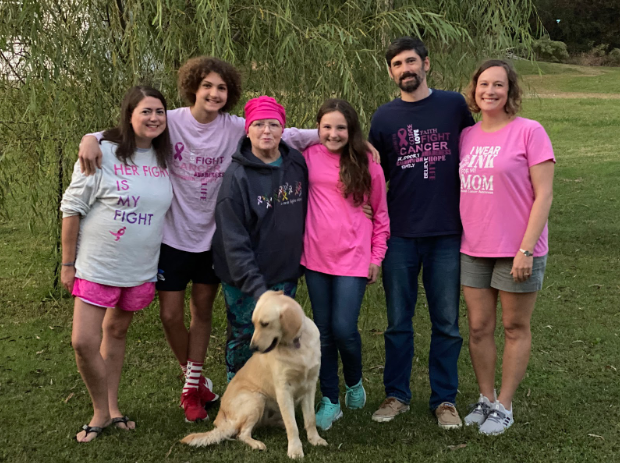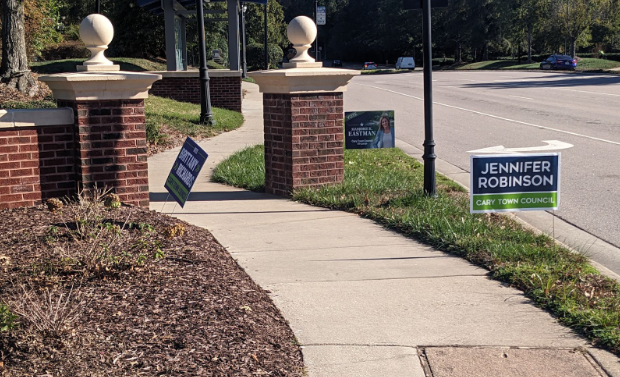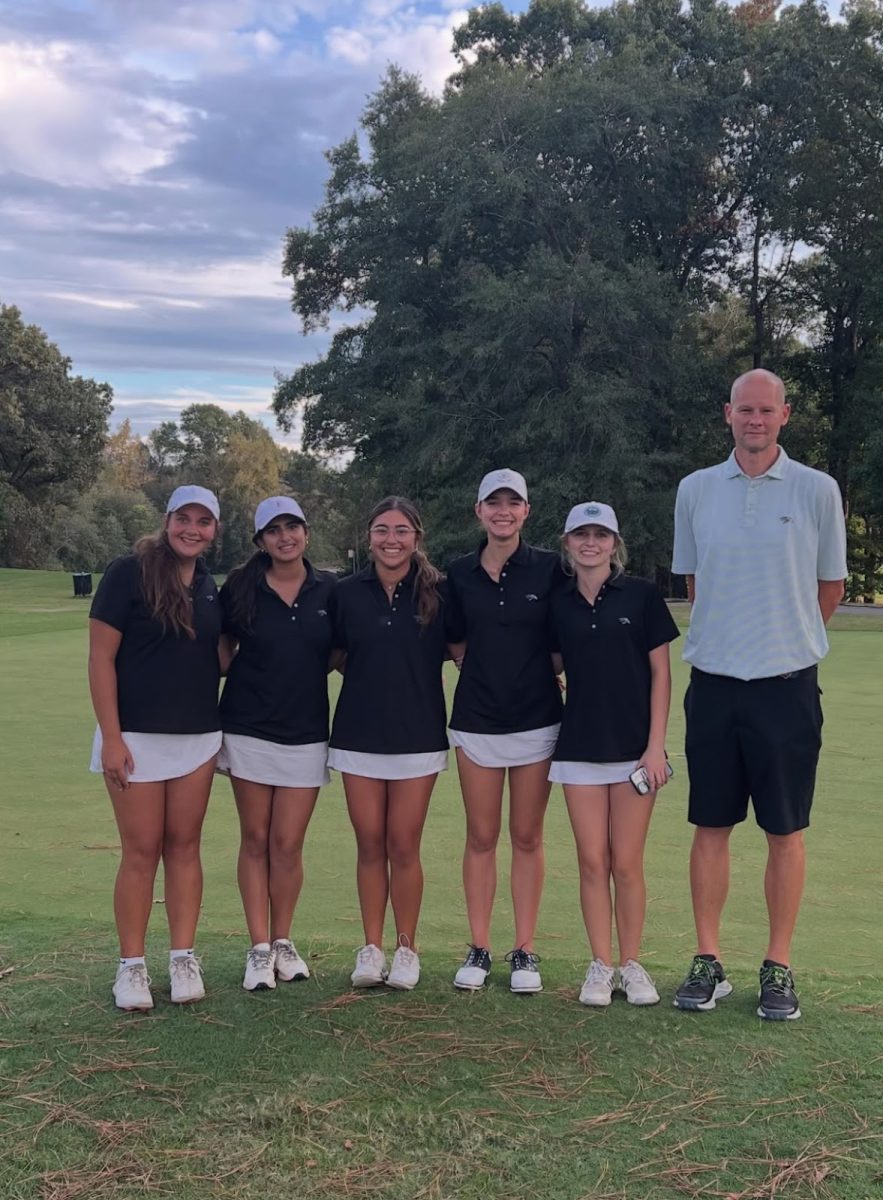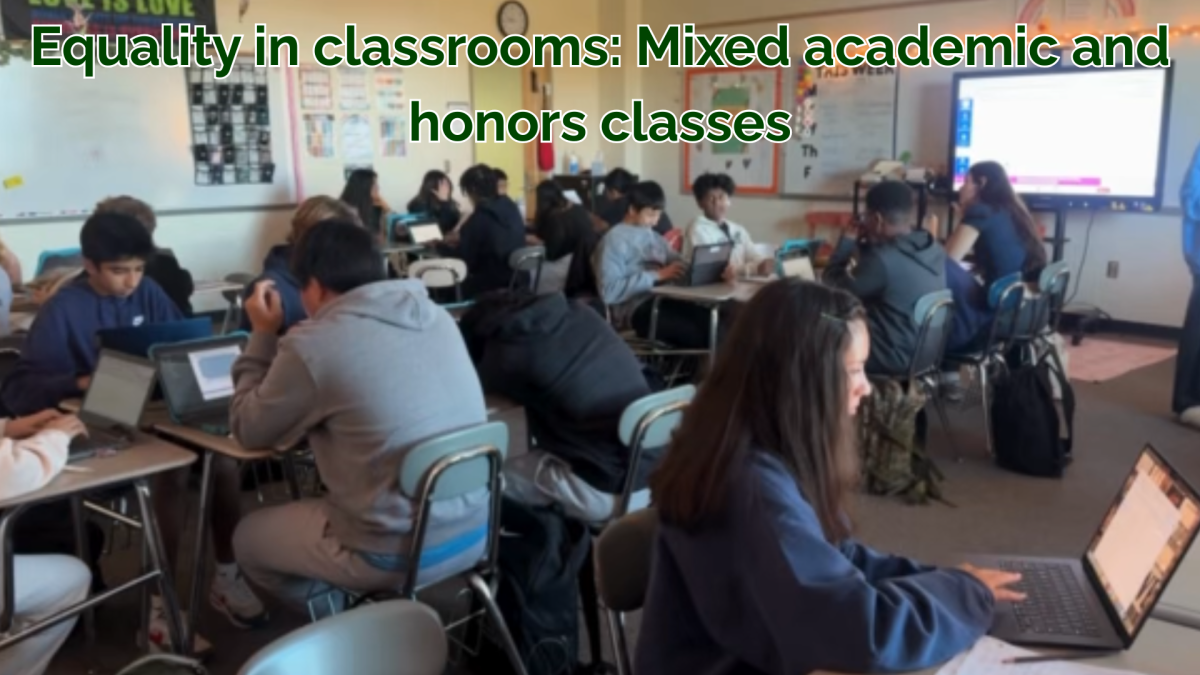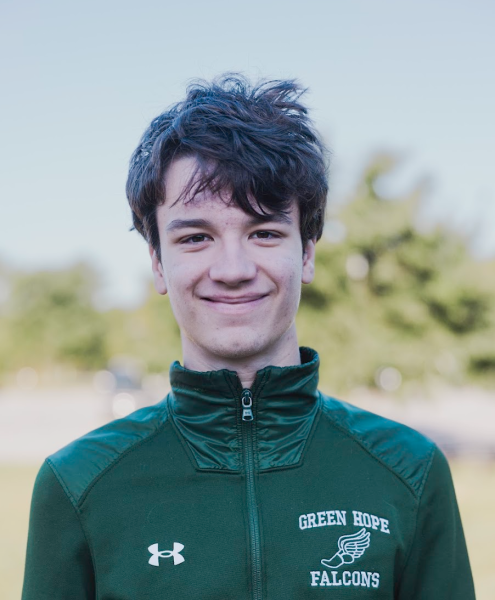Buses drive through Cary Parkway, passing people and bikers on sidewalks, all under a canopy of trees. The reality of this scene is shaped by the Cary Town Council, made up of seven individuals, and on Nov. 4 the council is facing a shift in membership with the municipal elections. The outcome can impact the services the Town Government provides for Caryites, including town transportation and the preservation of nature. The three seats up for election are At-Large, District A and District C council seats. With six total candidates it can be overwhelming for individuals to know who to pick, with Cary voters choosing from between two and four candidates. Enclosed in this article is a guide to the municipal elections.
At-Large Council Seat Candidates
Marjorie Eastman is a veteran who moved to Cary after her time in military service. Currently, she serves as a biotech executive and a citizen member on the Cary Economic Development Committee. Her education includes an MBA from Vanderbilt University.
If elected into office, Eastman seeks to prioritize safe communities, parks and greenways, and smart economic growth for the town. Many of these priorities echo other candidates’ stances; however, Eastman seeks to move away from the concentration of development of downtown Cary, which she alleges current members on the council are doing now.
Speaking about her opponent, Carissa Johnson, Eastman remarked in the Cary Community Candidate Forum, “Cary’s current one-term at-large council member has voted consistently to overspend the budget and raise property taxes twice.” In terms of character, Eastman plans to foster a sense of non-partisanship on the council, which she feels is lacking.
Carissa Kohn-Johnson (Incumbent)
Carissa Kohn-Johnson currently serves as an at-large representative on the Cary Town Council, representing the entirety of the town’s people. Running to maintain her spot, Johnson seeks more time to continue her goals and vision for Cary.
Johnson studied gerontology and zoology in college and currently works full-time as a Senior Product Marketing Manager in the cybersecurity software industry. Reflecting on her time in office at the candidate forum, Johnson notes that each councilmember has his or her own interest area. “I feel like I contribute something a little bit unique among my peers.”
For Johnson, her priorities include managing storm water, mitigating flood risks, providing affordable housing, and improving care for seniors. Johnson is especially involved with care for seniors as she serves as the Council liaison to the Cary Senior Advisory Board.
District A Seat Candidates
Brittany Richards is seeking election to the District A seat on the Cary Town Council. Richards holds a Master’s in public policy, with a concentration in non-profit, and is a recent graduate of Cary 101. Cary 101 educates citizens on the functions of local government.
Protecting green spaces and canopies is a priority for Richards, and it mirrors much of the work she conducts with the environment, including serving on the town’s Environmental Advisory Board and as a member of Wake Audubon. Her other priorities include expanding affordable housing options, such as smaller spaces and one-story homes for seniors. Richards also seeks to expand some of Cary’s services to the town’s population, such as buses.
Summarizing the reason behind her choice to seek election, Richards remarked at the candidate forum, “I’m not running because somebody else is ready to step down, I’m running because I am ready to step up.”
Jennifer Robinson currently occupies the District A seat on the town council. Serving on the Town Council since 1999, Robinson has played a role in the development of 25 parks, 80 miles of greenway, 2,365 acres of public space and many roadway improvements. Her record of public service extends beyond the Town Council as she is involved in leadership roles in multiple entities, including serving as the Past President of the North Carolina League of Municipalities.
Robinson’s priorities on the town council include ensuring citizen safety in Cary and keeping Cary a place where residents feel good about calling it home. A part of the puzzle for a positive place to call home is managing development. At the candidate forum, Robinson expressed, “I’m known on council for holding developers to high standards and working hard to make sure that what gets built complements existing neighborhoods.”
Robinson currently works as a computer programmer in SAS, one of Cary’s largest employers. Robinson is also actively volunteering, serving on boards and founding non-profits.
District C Seat Candidates
Bella Huang is seeking the open District C Seat on the Cary Town Council, and she intends “to listen, to collaborate, and turn our shared hopes into action.” Huang is currently Vice President of iPreal Inc., a small business that sells laptop covers to consumers, including K-12 schools. On the education side, Huang is involved in the Triangle Chinese Language School, currently serving on the school’s board.
If elected, Huang wants to build a stronger sense of community in Cary where people can thrive in life and at work. She also seeks to foster innovation in individuals who are creating non-profits and entrepreneurships. Huang herself has co-founded two non-profits to increase civic engagement. Civic engagement is a passion for Huang, which is why, if elected, she plans to uplift and engage young people.
Sustainability is also a goal for Huang, but for her it means creating a strong future for Cary along with better environmental policies. In the face of budget cuts and shortfalls, Huang plans to use her experience in the Cary 101 program to ensure that the process can be navigated well.
Renee Miller is running against Bella Huang for the District C seat, and is seeking her election to bring forward a platform of common good, community, conservation and common sense to move Cary forward.
Miller is active in the community, serving as Vice-Chair of Cary’s Greenway Committee and as a coach for school debate and robotics. She is also an active attendee at Town Council meetings and occasionally visits the North Carolina General Assembly to speak on issues.
Miller strives to provide for the common good by ensuring that police and firefighters are well-staffed and that the town is able to maintain strong infrastructure for parks and recreation. She also wants to ensure a sense of community because she feels that “large and small businesses need the opportunity to prosper in Cary.” Miller’s “common sense” pillar is a belief in maintaining low taxes for Cary’s community.

These six candidates face a common challenge: voter turnout. Odd-numbered year municipal elections, such as Cary’s this year, do not draw many voters because federal and state offices are not up for election. However, this election is just as important, according to Green Hope High School social studies teacher Mr. Ronald Richardson. “Municipal elections are important because your local government is the division of government that actually has the most to do with your day-to-day life,” Mr. Richardson said in an interview. Furthermore, with all of the services that local governments perform, he relayed that “holding officials accountable at the local level is going to go a long way toward making sure citizens of Cary have a good quality of life.”
Selina Sentosa Harjo (‘26), Green Hope High School’s Student Body Vice President, feels that despite the low turnout, “There’s a lot of buzz [among young voters]. There’s a lot of excitement in young people nowadays, where they’re very excited to vote.” In order to increase turnout, Sentosa Harjo feels that, contrary to popular belief on social media, there needs to be increased education on the role of local government in schools. “I do believe that we should be educating, especially in high school, a lot more about the benefits of not just voting [in general], but voting for municipal Council, what they do and how they directly impact our lives.”
Ms. Jenna McBrayer, a Civics and AP United States Government and Politics teacher at Green Hope, feels that education of municipalities in high school is important and includes it in her civics classes. “It’s not the main focus, but it is definitely a part of the curriculum,” Ms. McBrayer recounts, “I think if more people understood the jobs of people at our municipal levels of government and what they do, and what they’re responsive for, and how they can impact us every day, then they would be more inclined to vote.”
Early voting in the Cary municipal elections has already started, and a second phase of voting will open beginning on Oct. 25 and run until Nov. 1. Election day occurs on Nov. 4 this year. For more information or to find your polling location or voter registration status, please visit Cary’s election webpage.

